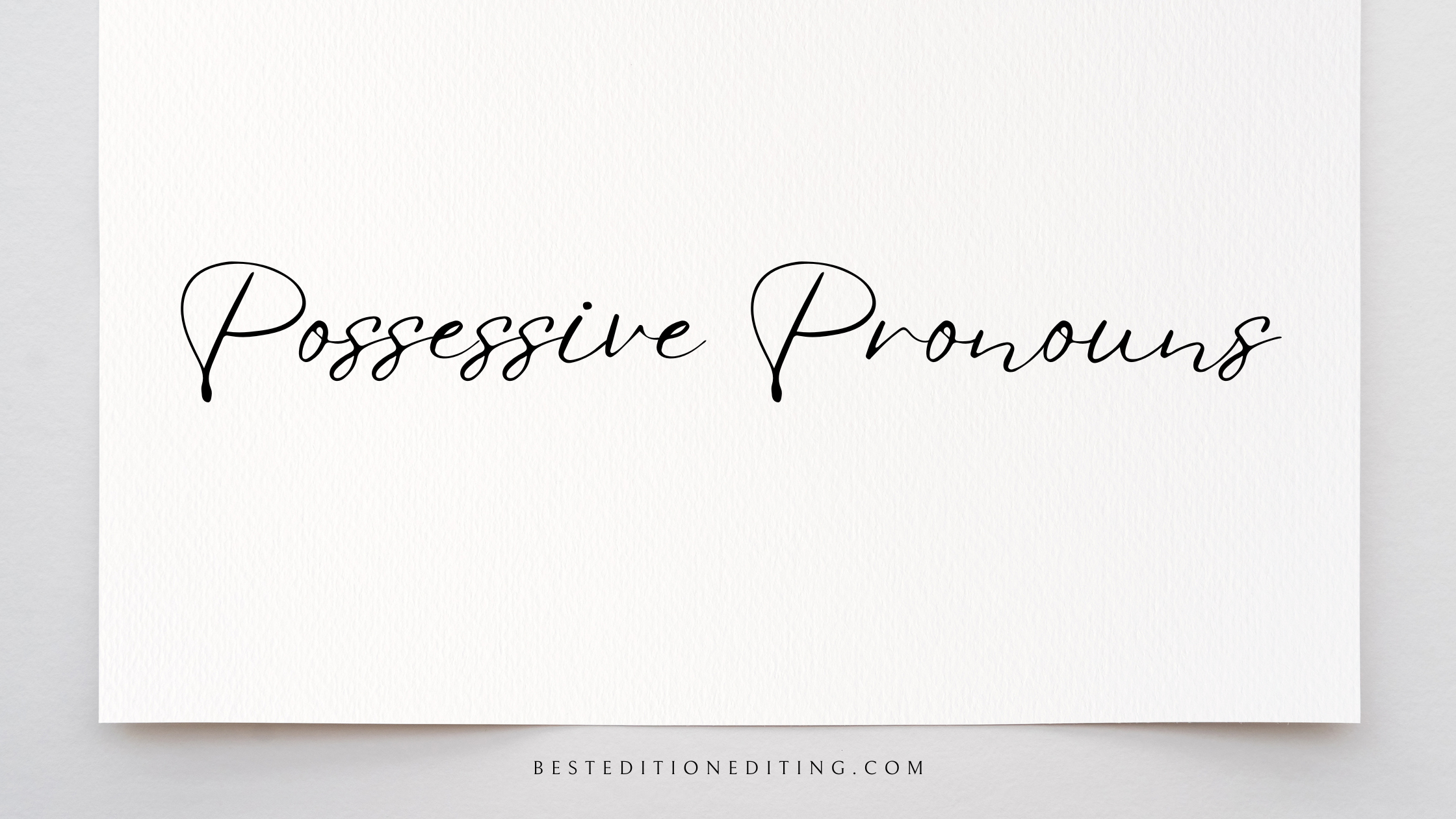Oh, possessive pronouns. How you seem to break the rules of grammar for your own benefit. It’s no wonder so many people get you wrong!
I admit that I have touched on this specific set of grammar rules in several other blog posts. However, this issue is so unbelievably common that it does, in fact, warrant a more in-depth look. So, let’s dive in!
The “Its” vs. “It’s” Conundrum
After just a few minutes of scouring the internet, I realized just how prevalent this mistake is. People mix them up all. the. time. Don’t believe me? I have not one, not two, but three examples for you.
Example 1:
This is a case of good-old apostrophe omission. Instead of making the contraction “it’s” to refer to “it is,” this author takes out the apostrophe altogether. It probably feels safer, right? Well, unfortunately, the lack of apostrophe changes the meaning of the word. In the example above, the author implies that the “like max verstappen” belongs to the “it.” I suspect that is not actually the case.
Example 2:
This one hurts my heart a little. Fellow Swiftie, your tweet is so cute! If only it didn’t have an error in it. Once again, the issue with this tweet is the lack of an apostrophe. “The small things” do not belong to the “it.” So, the phrase should be “it’s the small things,” meaning it is the small things. And thus, this tweet author has fallen into the same trap as many before them.
Example 3:
Wait. Is this the same issue again? Well, yes, it appears it is. Unfortunately, the its vs. it’s debacle tends to hit those apostrophes really hard. A lot of people assume that an apostrophe would make the word “it” possessive, which would make a lot of sense, wouldn’t it?
The truth is: Apostrophes can make words possessive. They can also create contractions. So, way back when possessive pronouns were created, a decision had to be made. Would the apostrophe make the word possessive, or would it create a contraction? Well, the contraction won out. What does that mean? A possessive pronoun with an apostrophe immediately becomes a contraction.
“Hers” or “Her’s”
Here’s another example of a word that is often misused. The good news, though, is that the rule is the same. With possessive pronouns, an apostrophe makes the word a contraction. “Her’s” therefore means “her is,” which isn’t a phrase anyone should need to use.
Above is an example of a company that markets with poor punctuation. Surely, they did not mean to technically name their shop “Her Is Boutique,” but that’s what happened. Hopefully, this company hasn’t lost any business over this, but it is quite possible.
Ours, Yours, Theirs
And the rule continues. In words such as “ours,” “yours,” and even “theirs,” the apostrophe should be nonexistent.
Unless you’re literally trying to say “your is,” “our is,” and “their is,” it’s best to leave off the apostrophe altogether. In most instances, leaving off the apostrophe is your best bet. Perhaps that’s why so many people make the “its/it’s” mistake—it’s one of the only instances where an apostrophe can be necessary.
Strategies to Remember the Rule
Think of it like this: possessive pronouns are allergic to apostrophes. They’re enemies. They hate each other.
Contractions, though, are married to apostrophes. They are attached at the hip. A contraction will not go anywhere without its apostrophe spouse.
And that’s all there is to it. Possessive pronouns say “No” to apostrophes, and contractions say “Yes! Yes! One thousand times yes!”










View comments
+ Leave a comment